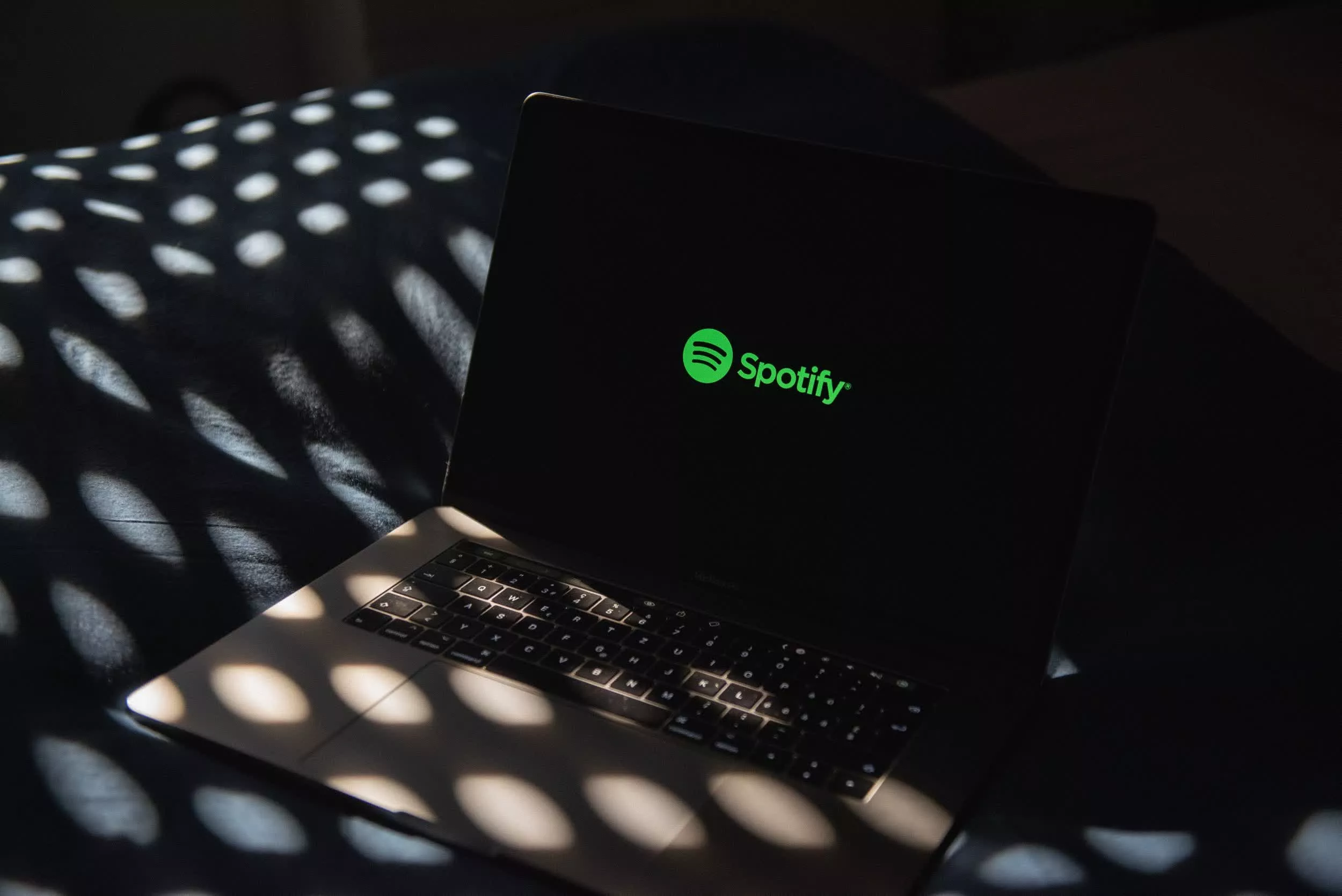What just happened? Spotify has spent five years accusing Apple’s music streaming subscription policies of being anti-competitive, and the European Union just ruled overwhelmingly in Spotify’s favor. Apple argues that it deserves a cut for its role in Spotify’s success. Meanwhile, another battle looms between the companies over sideloading and new fees.
The European Commission fined Apple nearly €1.8 billion ($1.92 billion) over its rule that forbade music streaming apps from informing users of subscription options outside the company’s platform. Spotify, the case’s lead claimant, praised the decision, while Cupertino vowed to appeal it.
For nearly a decade, music streaming apps on iOS like Spotify couldn’t direct users toward premium subscription payment channels outside the App Store, such as a streaming company’s website. They also weren’t allowed to include in-app links to their website or email users with information about alternate payment options.
We’ve imposed a fine on Apple for its abusive App Store rules for music streaming providers.
Press conference by Executive-Vice President @vestager ↓ https://t.co/jZF0TZ05nm
– European Commission (@EU_Commission) March 4, 2024
In 2019, Spotify brought its policy complaint to the European Union, claiming that the smartphone market leader directed subscribers toward in-app payments. It contends the rules gave Apple an unfair 30 percent revenue cut and impeded competition against Apple Music. Subsequently, Japanese regulators pushed the Cupertino giant to change its policy in 2022.
After a years-long investigation, the EU found that Apple illegally used its position as a dominant platform to withhold critical pricing information from customers. Executive Vice-President Margrethe Vestager hopes the hefty fine will discourage Apple from repeating this behavior, but the company is determined to defend its walled-garden policies.

Apple criticized the decision, pointing out that Spotify is currently the world’s largest music streaming platform and asserts that iOS played a direct role in attaining that position. The company’s legal team claims no evidence of consumer harm or anti-competitive behavior exists. It instead suggests that Spotify unfairly wants its app to reside on the App Store’s backend without paying rent.
The defense aims to influence Europe’s regulators before the impending Digital Markets Act goes into effect on Thursday. The DMA’s new rules force Apple to allow alternate app stores and browser engines in the EU. It struck back by attaching new operation fees to its updated policies, which angered Spotify and other companies.
Spotify and Epic Games claim that the new fees on downloads and updates that exceed one million will discourage developers from leaving the App Store and incentivize maintaining the status quo. Vestager said the EU will examine Apple’s changes to determine whether they are DMA-compliant.

